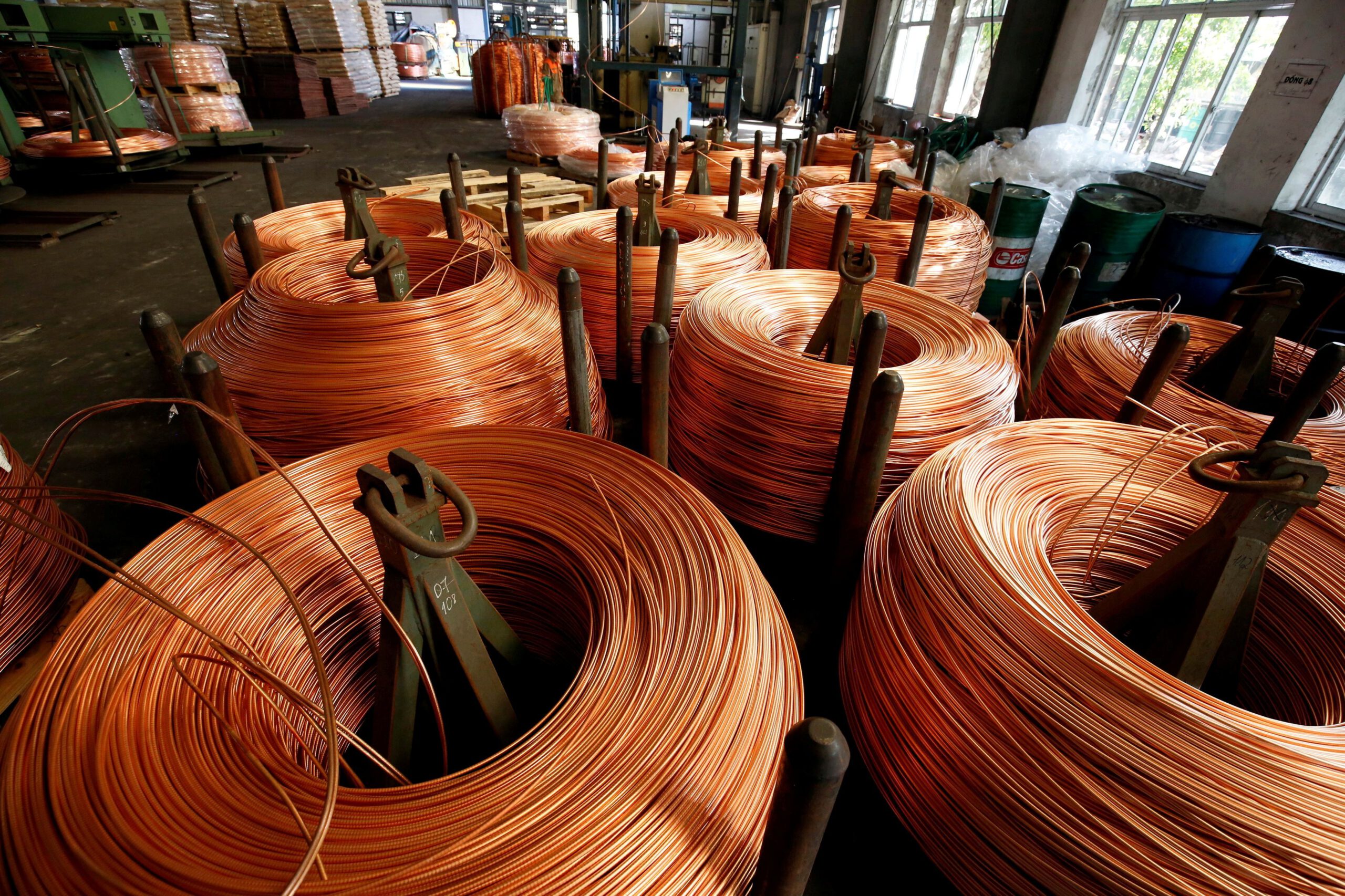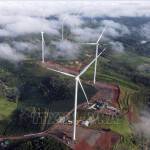
The EU plans to implement the world’s first carbon border adjustment mechanism (CBAM) from October 2023. During the transition period, the scheme will require importers to report the embedded carbon in their imported goods. From 2026, additional taxes will be levied on imported goods to bridge the gap between the EU’s carbon price and the price in exporting countries.
The CBAM will initially target iron and steel, cement, aluminium, fertilizer, electricity and hydrogen. The CBAM is expected to have a significant impact on emission-intensive economies like Vietnam that export to the EU. It has the potential to cause a decline of about US$100 million in export turnover from the country’s affected sectors.
The Vietnamese steel sector is estimated to be the most impacted by the EU’s CBAM in its current form. A tonne of steel exported to the EU could incur an additional cost of about US$80, or 10 per cent of its export price. The export value of steel could be reduced by as much as 3.7 per cent. Other impacted sectors include aluminium and cement. Exporting enterprises will also incur the additional administrative costs of monitoring, reporting and verifying the embedded emissions in their exported products.
The CBAM will impede Vietnam’s export competiveness as a result. The EU’s CBAM is evolving with uncertainties. Its impacts could grow rapidly if embedded emission boundaries extend to cover the whole value chain of production inputs. The impacts will also further burgeon if other countries such as the United Kingdom, Canada and Japan follow in the EU’s footsteps and apply their own CBAMs.
Early preparation for the CBAM is therefore important. Vietnam is the 11th biggest exporter to the EU. To expand its exports and fully reap the potential benefits of its trade agreements with the EU, Vietnam will need to mitigate the CBAM’s impacts. This can largely be achieved by reducing the emission intensities of Vietnam’s exported products.
As the CBAM sectors consume large amounts of electricity, decarbonising the electricity sector will significantly contribute to emission reductions in these sectors. Fortunately, Vietnam has massive potential to harness solar and wind energy to facilitate electricity decarbonisation. The combined potential of solar and wind power is about 46 times higher than the country’s installed capacity in 2022.
Vietnam could focus on ramping up solar and wind power penetration. Fast tracking the upgrading of grid systems is important to remove current barriers to the renewables uptake including the curtailment of solar and wind outputs due to the limited grid capacity. If built, a South–North domestic high-voltage direct current subsea cable could assist in grid management and ensure that the lowest-cost electricity generation opportunities are utilised.
Reforming the electricity market, including allowing direct power purchase agreements, would enable industries to buy solar and wind power directly from independent renewable producers. The market would then play a greater role in promoting renewables, alleviating the burden on the government to maintain energy security.
Other measures to bolster the uptake of renewables could include setting ambitious targets for solar and wind power in the forthcoming eighth National Power Development Master Plan. Instituting regulations to permit and lease offshore wind power projects would unleash this sizable potential source of renewable energy, of which Vietnam has the largest potential in Southeast Asia. Improving energy efficiency through technological innovation and industrial good practices could also help in achieving this goal.
Phasing out unabated coal power would also contribute to reducing emissions. Imposing a carbon price would reduce CBAM certificate payments. Carbon pricing could enable the revenues to be recycled in the Vietnamese economy and used to support initiatives like technological renovation to improve energy efficiency and promote the uptake of renewables.
CBAM-covered Vietnamese enterprises will benefit from eventually switching production inputs from fossil fuels to renewables such as green hydrogen and from applying carbon capture, utilisation and storage technologies. But these technologies are currently in their nascent stages and are not yet cost-competitive. In the short term, Vietnam will need to strengthen its monitoring, reporting and verification capacity, as well as engage in constructive dialogue with the EU to seek CBAM-favourable conditions.
Accelerating the transition to renewable energy would not only help mitigate the impacts of the CBAM, but would also contribute to achieving the country’s ambitious target of peaking its electricity emissions by 2030, a pledge that Vietnam made in the Just Energy Transition Partnership in December 2022. Other benefits of the energy transition would include contributing to Vietnam’s climate commitments, including achieving net zero emissions by 2050, reducing local air pollution and developing a domestic renewable energy industry. By boosting its renewable energy uptake, Vietnam can set a strong foundation to pursue green and sustainable growth.
Thang Nam Do(*)



